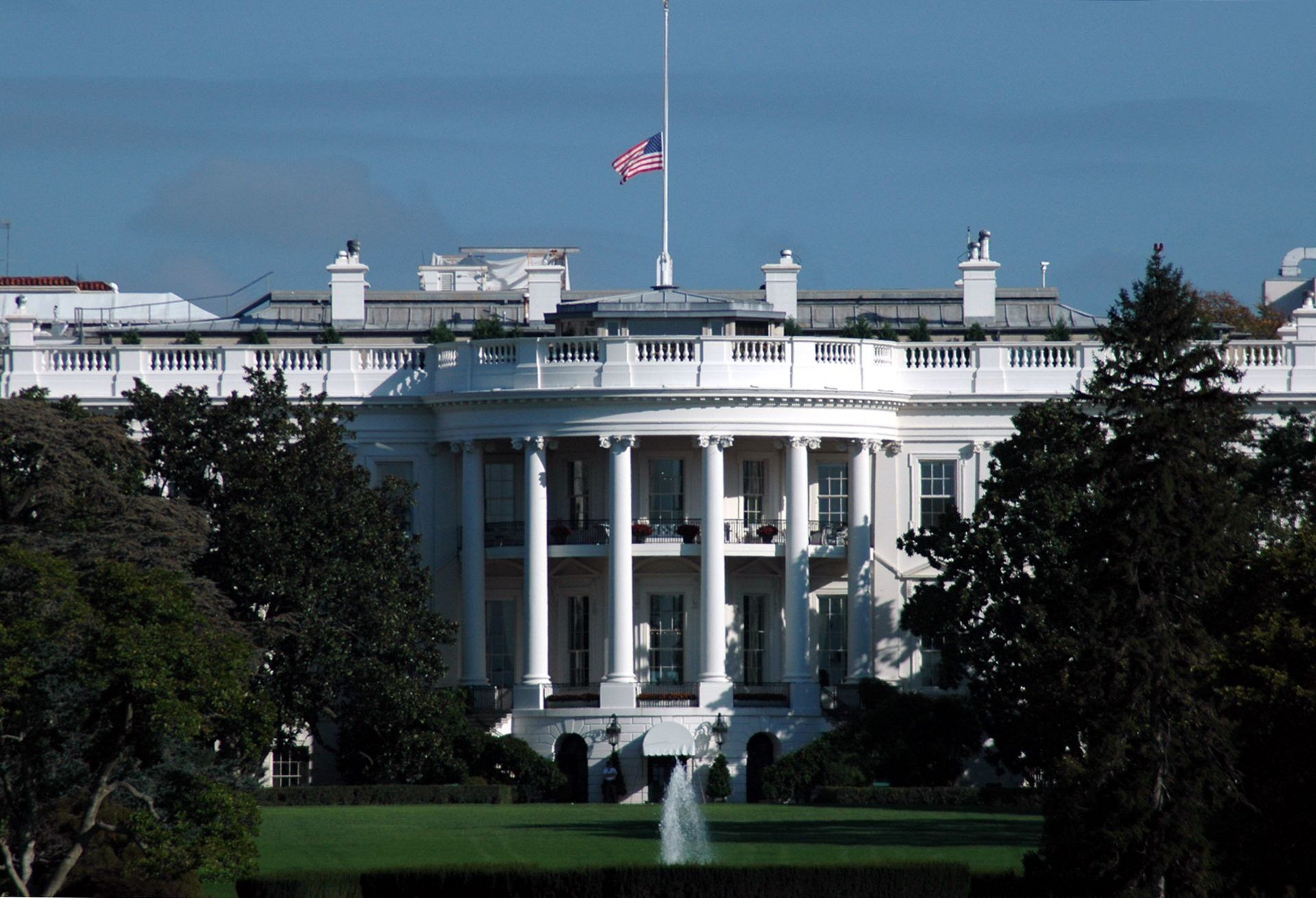The Weekly Round-Up
The Weekly Round-Up

Getty Images
Welcome to The Briefing newsletter by Jason Clarke and Mitchell Dorris. Mitchell is the Faith and Politics writer for SEEK and will be weighing in on the latest issues relating to refugees and immigration as it relates to the intersection of national policy and faith. This week we will be talking about the legacy of former President George H.W. Bush and what he did for the refugees and immigrants at the policy level.
President George H.W. Bush
Last week the United States lost former President George H.W. Bush. The 41st President was laid to rest at his presidential library in College Station, Texas next to his wife of 73 years, former First Lady Barbara Bush and daughter Robin, who passed away from leukemia at the age of 3. The former president had many accomplishments over his tenure as a public servant. The list includes being elected to the House of Representatives, Ambassador to the United Nations, Chairman of the Republican National Committee, Chief of the U.S. Office to the People’s Republic of China, Director of the CIA, Vice President, and eventually President of the United States. President Bush was the first President since Martin Van Buren to be elected while previously serving as the Vice President. George H.W. Bush left behind a legacy and many are saying his death symbolizes the death of an era of politics that we no longer see.
Immigration Act of 1990
The former president had many achievements while serving in public office. One of these achievements was spearheading the negotiations of the North American Free Trade Agreement. He is also known for signing the Americans with Disabilities Act into law. This has gone on to help many Americans who suffer from disabilities every day. Moreover, he is known for signing into law the Immigration Act of 1990. This Act was the first major immigration overhaul in over a quarter-century. Then President Bush called this Act one of the most comprehensive revisions to the United States immigration law. It brought forth many changes to immigration law, but none more important than Temporary Protected Status (TPS).
According to the American Immigration Council TPS is “a temporary immigration status provided to nationals of specifically designated countries that are confronting an ongoing armed conflict, environmental disaster, or extraordinary and temporary conditions.” This part of the Immigration Act of 1990 has been a lifeline to many immigrants coming from difficult situations. Currently, 10 countries have valid TPS designations. Those include El Salvador, Haiti, Honduras, Nepal, Nicaragua, Somalia, South Sudan, Sudan, Syria, and Yemen. In order to be able to apply for TPS one has to be in the United States at the time. You cannot apply while outside of the United States. This was a major action instituted by this bill and it has gone on to be utilized by those around the world in unthinkable situations.
This Act passed with a truly bipartisan effort. The final roll call shows that the Act passed 81-17 with 40 Democrats and 41 Republicans voting in favor of the bill. There are some notable votes both in favor and not in favor. For instance Senators Grassley (R-IA), McConnell (R-KY)l, Cochran (R-MS), and Hatch (R-UT) all voted yea, whereas Senators Reid (D-NV) and Gore (D-TN) both voted nay. Senator Ted Kennedy (D-MA) introduced the Immigration Act and it was co-sponsored by Senators Simpson (R-WY), D’Amato (R-NY), Moynihan (D-NY), and Dodd (D-CT). You can read more about the Immigration Act of 1990 here.